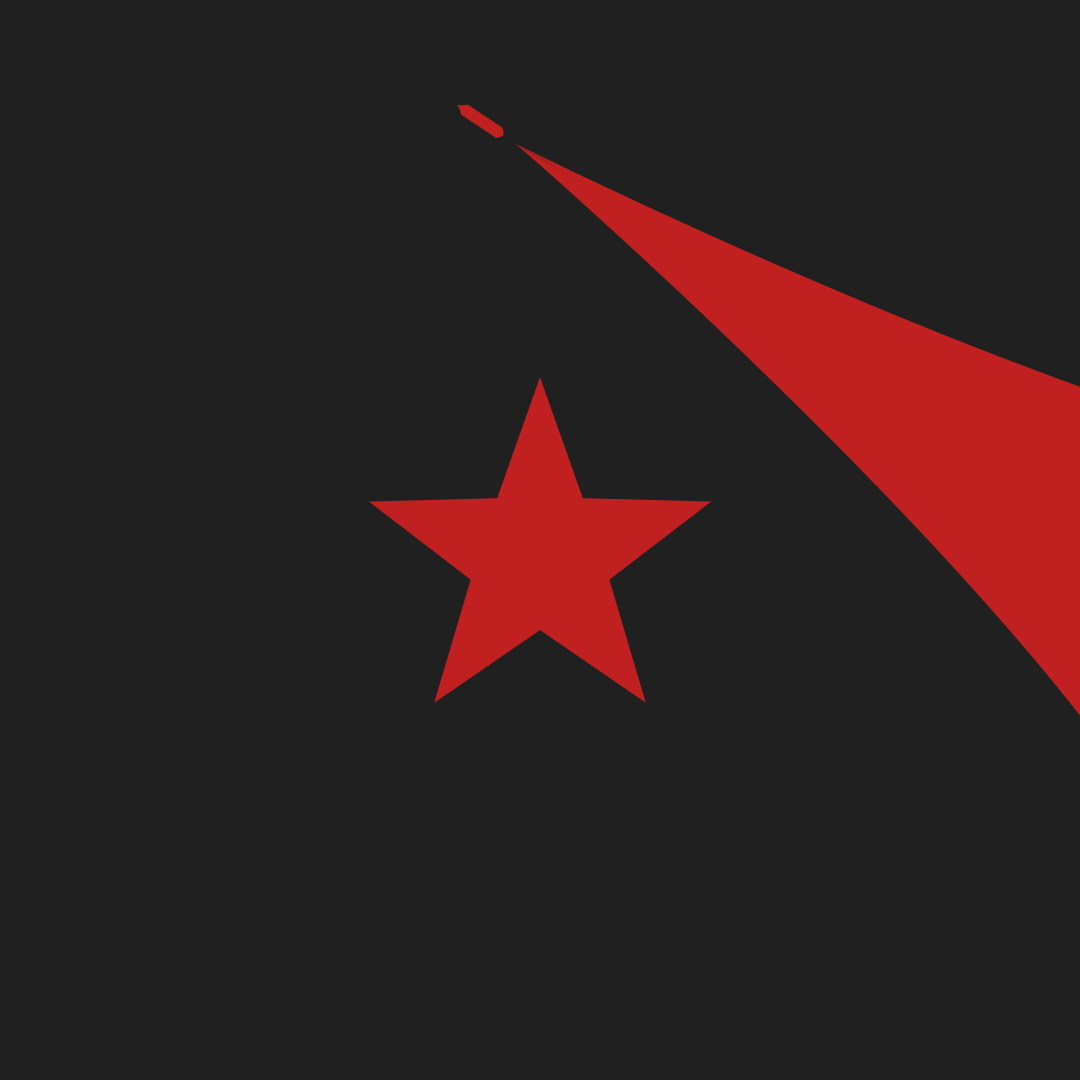As in our comrade Karl Liebknecht, co-founder of the KPD? All these years I’ve been saying “LEEB-necked”, two syllables. But the I heard Matt Christman say “Leeb-KUH-neck-et” (four syllables). And I realized I don’t really know why I was saying it like I was. Anyone know how to actually say it?
It’s two syllables, but Matt is correct about the first k NOT being silent, though. His wiki article has the pronunciation with an audio clip.
leeb-knehhht
two syllables but the k gets pronounced
the ch is a ch not a ck. you can pretend its a loud hhhhhhhhh exhale
Matt is correct, the K is not silent. You can hear the correct pronunciation in the chorus of the classic worker song Auf, Auf zum Kampf (starting at 0:29).
I like that song!
I found a YouTube link in your comment. Here are links to the same video on alternative frontends that protect your privacy:
It’s more like Leeb-knesht. It’s definitely only two syllables and the ch does not make a hard k sound but you are supposed to pronounce the k in kn
This is one of those moments where I’d love to have a “voice comment” option on hexbear until I remember how big of a doxx it’d be.
While the others already put links up, here’s an attempt at an explanation:
“Lieb” = leeb, like you said “Knecht” = also the German word for servant or farmhand, if you find a pronounciation for that one, you’ll just add it to Lieb. Now, pronunciation-wise, the K is hard, emphasized, very audible. The tricky part really is the CH. It’s not a K. In German, CH only is pronounced as a K if followed by an R. To make the CH sound, you do an aspirated H in the back of your throat, while you pull your tongue back and up close to your palate, then press the air out. It should sound similar to the hiss of a valve that isn’t shut entirely.
Hope that helps.
it’s 2 syllables like other have said but in my experience english speakers usually struggle pronouncing the ‘kn’ so it’s not too uncommon or weird to say it with 3 syllables instead imo
its like “acknowledge”. a lot of the “foreign” sounds exist in english somewhere. the ch is a bit like the h in “huge” with aslot of emphasis on it. but if someone said “liebkuhnesht” its still clear who is meant so anything beyond that is style points





